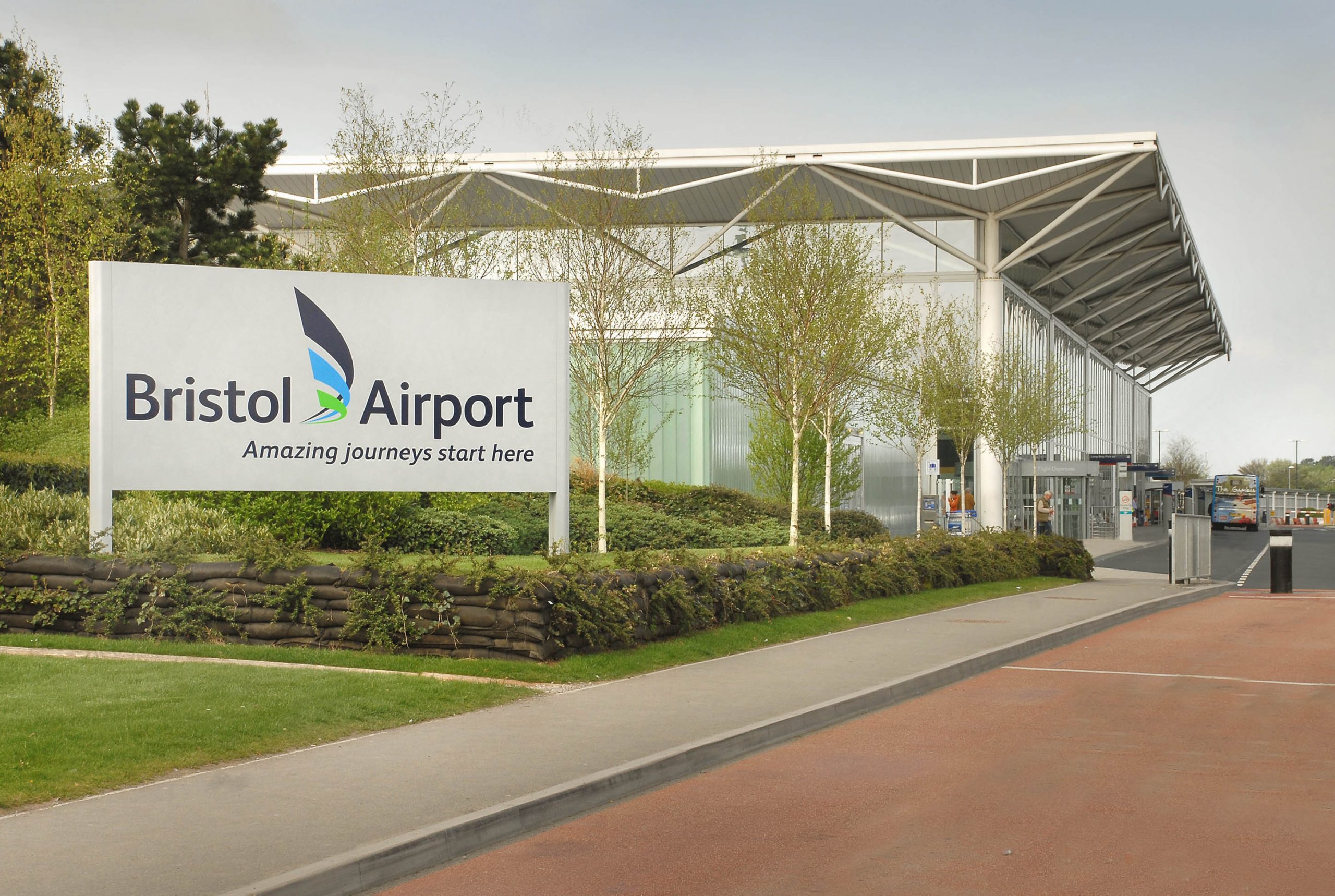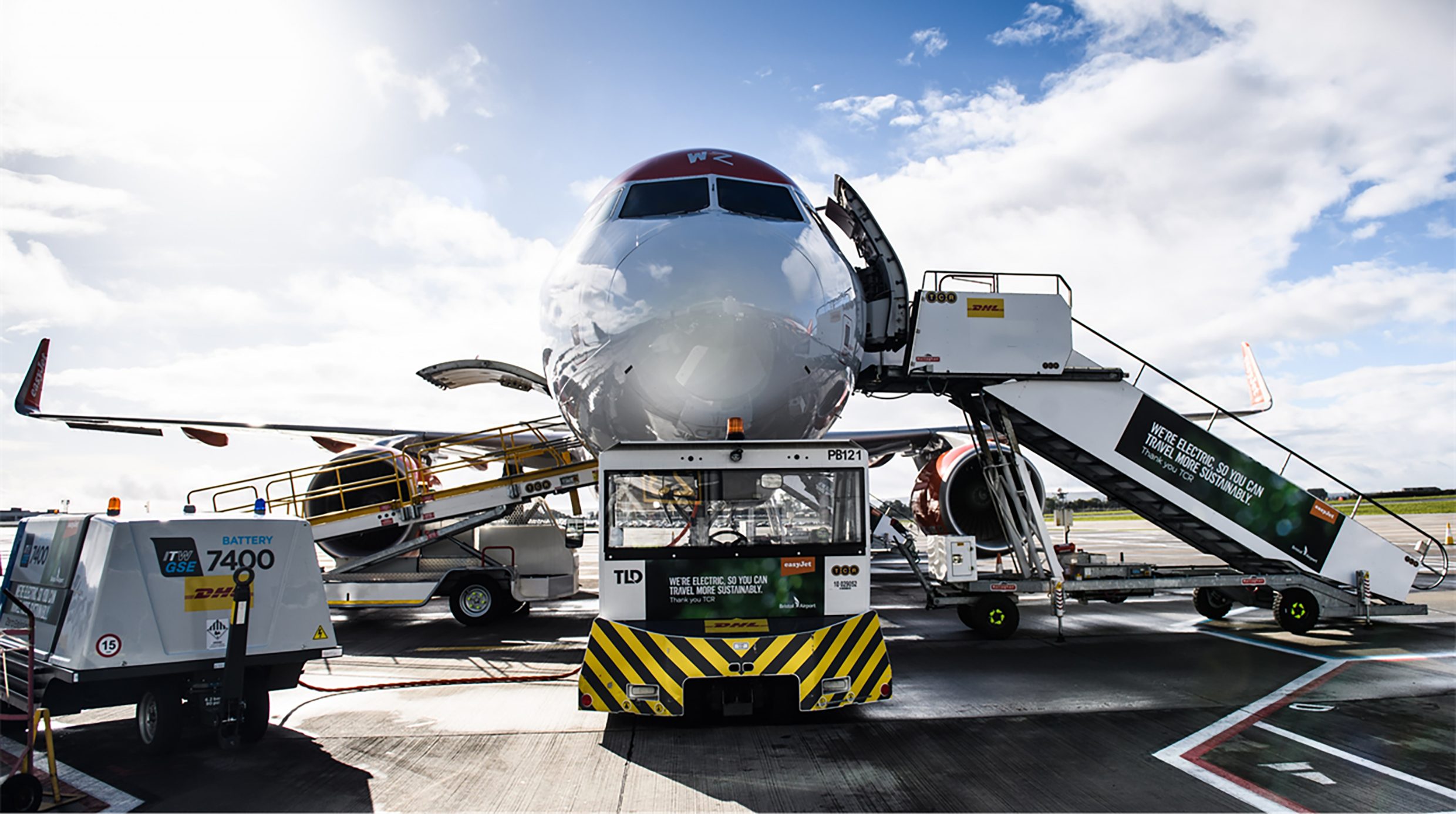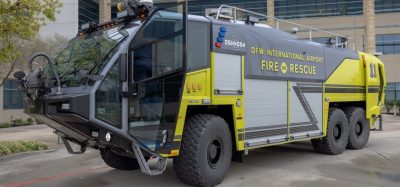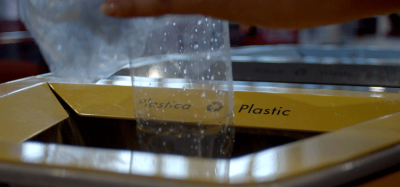How Bristol Airport is achieving net zero status by 2030
- Like
- Digg
- Del
- Tumblr
- VKontakte
- Buffer
- Love This
- Odnoklassniki
- Meneame
- Blogger
- Amazon
- Yahoo Mail
- Gmail
- AOL
- Newsvine
- HackerNews
- Evernote
- MySpace
- Mail.ru
- Viadeo
- Line
- Comments
- Yummly
- SMS
- Viber
- Telegram
- Subscribe
- Skype
- Facebook Messenger
- Kakao
- LiveJournal
- Yammer
- Edgar
- Fintel
- Mix
- Instapaper
- Copy Link
Posted: 28 November 2023 | Hannah Pollard | No comments yet
In this article, taken from our sustainability eSupplement, Hannah Pollard, Head of Sustainability, set out how Bristol Airport will reach its 2030 target.


Bristol Airport's net zero journey.
Situated just outside of Bristol, a thriving city in the South West of England with a deep‑rooted engineering history, Bristol Airport is England’s third largest airport outside of London, handling an average of 30,000 customers per day in the summer season. We made the fastest recovery from the pandemic of any major UK airport and expect to exceed nine million passengers by 2023.
The airport is the area’s largest private sector employer, with over 4,000 people working across 50 organisations on-site. We connect our region with 128 destinations, providing vacation destinations, direct economic links with key European cities, and playing an important role supporting inbound tourism.


CREDIT: BRISTOL AIRPORT
The journey to net zero
Climate change and sustainability have been placed at the heart of what Bristol Airport does. We have set a target of net zero operations by 2030, for our scope 1 and 2 emissions. This follows on from our target of carbon neutral operations by 2025, which was achieved four years early. Scope 3 emissions, those from aircraft but also importantly from surface access, are subject to the UK’s overall net zero 2050 target, and we are working with partners to play our part in meeting that target.
Bristol Airport published its first carbon plan in 2019, which outlined the Airport’s carbon footprint and detailed a commitment to become net zero for all operations by 2050. This original roadmap focused on the short-term, including our pledge to ensure that 25% of the site’s energy came from renewable sources, and our commitment to become carbon neutral for Scope 1 and 2 emissions by 2025.
Over the last three years, the airport has installed solar panels on its buildings, signed a REGO-backed 100% renewable electricity supply contract and actively reduced the running time of the energy‑intensive plant on site with enhanced building controls and monitoring. In addition, we have installed new EV charging points in our multi-storey car park, increased our EV fleet, and started to introduce electric buses in our airside environment. Most recently, the Airport’s Control Centre swapped gas power for an electric heating and cooling solution, and rapidly reduced emissions in the process. These measures have a seen a 20% drop of direct emissions in 2022 compared to 2019.
Climate change and sustainability have been placed at the heart of what Bristol Airport does.”
Another key focus for Bristol Airport is increasing the number of quiet and efficient aircraft operating from Bristol. This process has been successful to date, and we are targeting up to 40% of based operations to operate with the quietest aircraft including Boeing Dreamliner, Boeing Max and Airbus NEO for the coming summer.


CREDIT: BRISTOL AIRPORT
Achieving net zero operations is a significant challenge that will require tens of millions of pounds of investment, but the far greater challenge is our scope 3 emissions. Collaboration is key to tackling this area and in parallel to the above, Bristol Airport has been developing strategic partnerships to learn from others and share resources and expertise with likeminded organisations to accelerate progress.
Bristol Airport’s partnerships
EasyJet
Effective collaboration with our airlines is crucial to reducing scope 3 emissions. As part of our long-term sustainability partnership, in 2021, Bristol Airport and easyJet joined forces to implement an aircraft turnaround trial (believed to be the most extensive of its kind) which used electric ground vehicles to reduce emissions to almost zero. The six-month trial commenced on 01 September 2021 and used two dedicated aircraft stands by easyJet aircraft. The results to date show a 96% reduction in emissions compared to traditional diesel-powered equipment.
We believe that Bristol Airport demonstrates that medium-sized regional airports can lead in the emissions-cutting and sustainability space.”
Following the success of this trial, this alliance has now evolved to a five-year partnership to trial further initiatives across multiple areas, ranging from continuous descents to efforts to improve recycling rates.
Hydrogen South West
Hydrogen is one of the most promising zero‑emissions technologies in aviation and has the potential to fuel many routes of Bristol Airport. Bristol Airport is a founding member of Hydrogen South West, a cross-sector consortium that aims to develop a hydrogen economy in our region.
With a limited footprint, the generation and large-scale storage of hydrogen at Bristol Airport is not a viable option. By working with partners, we aim to ‘make, move, and use’ hydrogen on a regional basis, delivering a reliable and affordable supply of the fuel for aviation and potentially for wider ground transport uses. With easyJet and other partners, Bristol Airport will build and run hydrogen-powered ground equipment to test the regulation gaps and skills needs of using the fuel in an active airside environment.
Groundwork Trust
Taking a ‘local’ approach to tackling sustainability issues is just as important as zooming out, and our responsibility to our local community is not one we take lightly. Our new partnership with charity Groundwork Trust will enable us to protect and enhance our neighbouring woodland, Goblin Combe. It will bring a host of environmental and social benefits in the coming months and years, exploring the use of natural capital to support net zero, as well as providing opportunities to upskill the region.
Aviation Carbon Transition Programme (ACT)
Last year we launched the ACT programme, a fund to kickstart and fast track decarbonisation initiatives in the South West of England, focusing on scope 3 emissions from flight and transport at Bristol Airport. The annual £250,000 ($300,000; €281,000) fund provides individual grants to organisations developing technology that could help the aviation industry transition to zero carbon emission flight.
Through the selection process, Bristol Airport is now working with five organisations supporting innovation projects, ranging from EV infrastructure to using the airfield for carbon sequestration. These organisations include Buckinghamshire New University, easyJet, Jet2, The National Wildflower Centre and Johns Associates Limited. More details on the individual projects are on our website.
Working with the Government
To truly influence policymakers and be a part of transformative change, it’s crucial that we work effectively with Government. We’ve taken a proactive approach and been a part of many UK Government-funded projects, including Flyzero and the Zero Emissions Flight Initiative (ZEFI) which looked at the impact of hydrogen storage and infrastructure. Bristol Airport was the only airport mentioned in the UK Government’s Jet Zero flight strategy as an example of an airport using zero emission battery powered ground handling equipment.
Bristol Airport will be the testbed for two emission-free eVTOL flights as part of a government-funded project to demonstrate the feasibility of advanced air mobility in the UK. Advanced air mobility is a developing form of travel that aims to enable cost-effective connectivity into congested urban areas and across regions under‑served by existing infrastructure.
We believe that Bristol Airport demonstrates that medium‑sized regional airports can lead in the emissions‑cutting and sustainability space. The decade ahead promises to be a transformational one for our sector and our ambition is to be industry leaders in sustainable aviation.
About the author


Related topics
Related airports
Related organisations
Boeing, Buckinghamshire New University, Groundwork Trust, Johns Associates Limited, The National Wildflower Centre


















